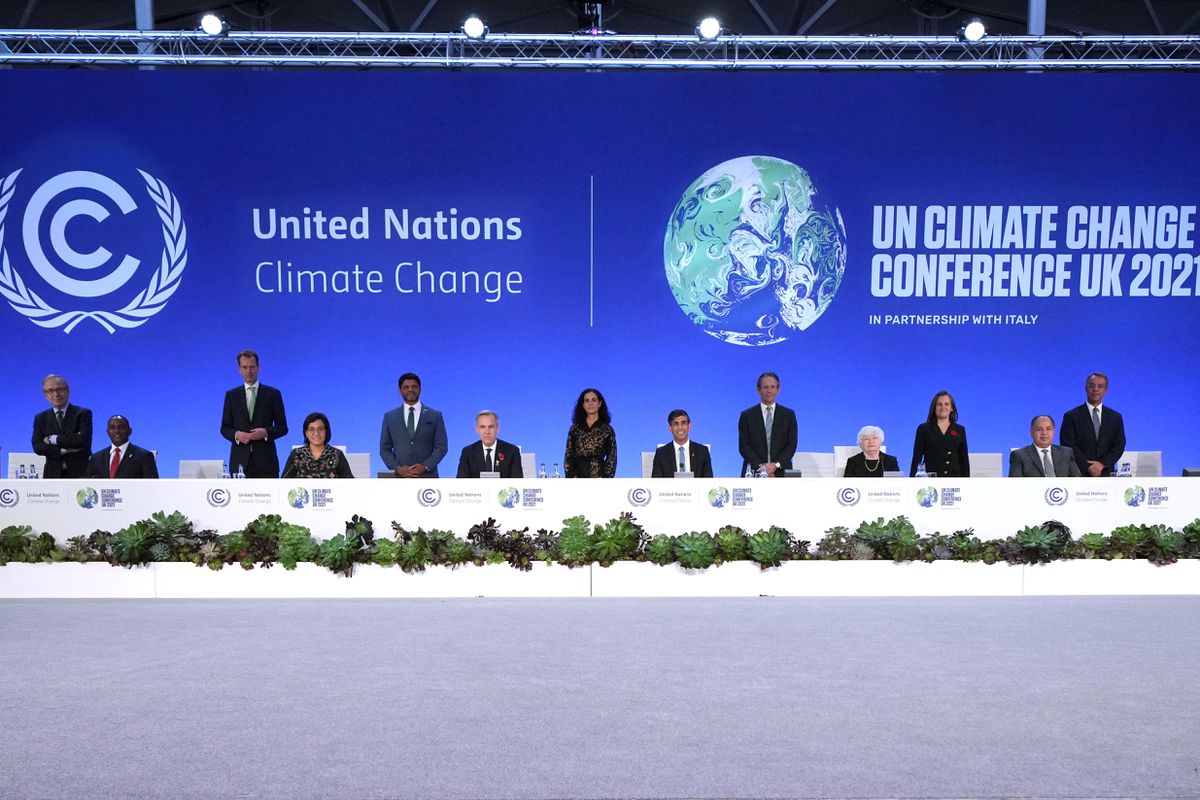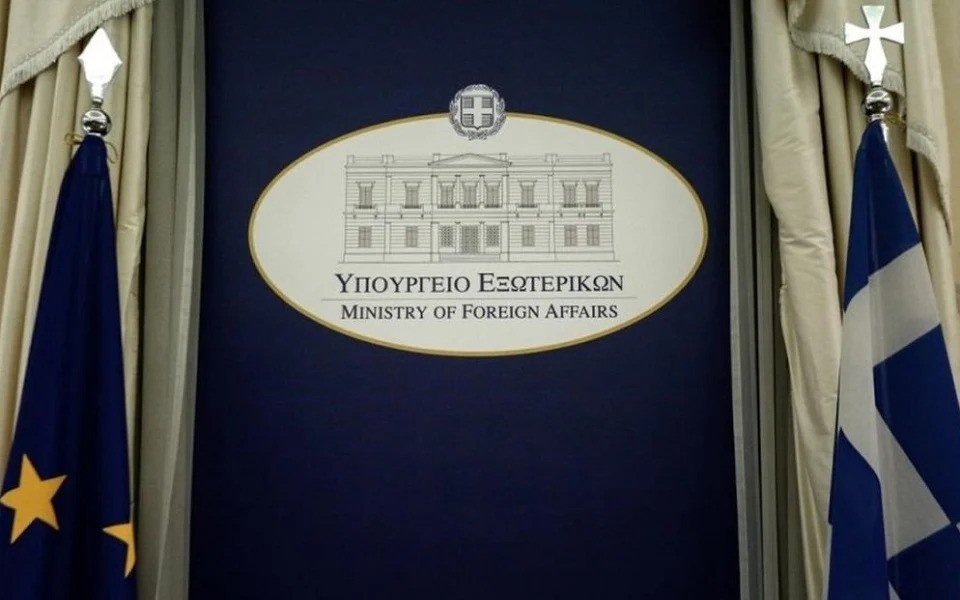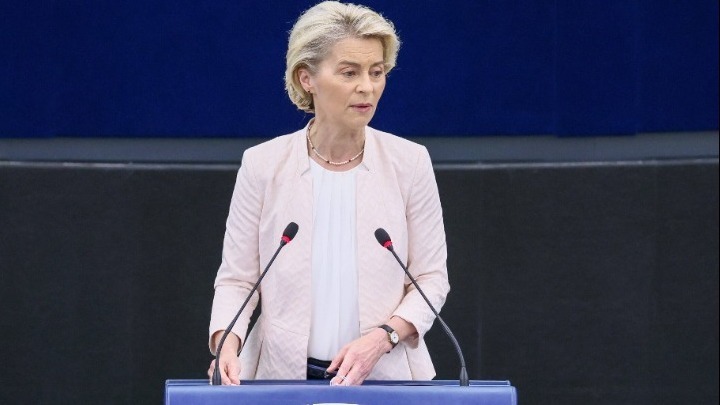Countries plan COP26 deal to end financing of fossil fuels abroad, sources say


At least 19 countries plan to commit at the COP26 climate summit on Thursday to stop public financing for fossil fuel projects abroad by the end of next year, according to two people familiar with the talks.
The British government, which is leading the effort, was in last-minute talks on Wednesday to clinch deals with more countries to sign the pledge before it is launched, the sources said.
So far, countries signed on to join include Denmark, Finland, Costa Rica, Ethiopia, Gambia, and the Marshall Islands, plus some development institutions including the European Investment Bank and the East African Development Bank, the sources said.
The countries will commit to end public support for foreign fossil fuel energy projects by the end of 2022, though the deal would allow for unspecified exemptions in limited circumstances.
One source familiar with the discussions said the countries so far lined up to sign the deal have collectively invested billions of dollars per year in international fossil fuel projects over the last few years.
The British government did not immediately respond to a request for comment.
Governments and financial institutions are facing increased pressure to stop funding coal, oil and gas projects responsible for producing the greenhouse gas emissions that are driving climate change, both at home and abroad.
Denmark said on Wednesday that it would halt international financing for investments, projects or activities that promote fossil fuels by the end of this year, with exemptions for some gas projects that meet “strict conditions” until 2025.
The COP26 deal also aligns with policies in countries including Britain, which ended direct government support for new fossil fuel projects overseas this year. The European Investment Bank has also committed to end oil and gas project funding this year.
The agreement, while not binding, would attempt to build consensus between wealthier and poorer nations around overseas financial support to stop backing fossil fuel projects and instead support clean energy both to curb emissions and to avoid building stranded assets.
The International Energy Agency has said ending investments in oil, coal or gas supply projects is necessary for the world to reach net-zero global emissions by 2050 – which scientists say is crucial for keeping the average global temperature from rising more than 1.5 degrees Celsius beyond preindustrial levels. Beyond that threshold, global warming could unleash catastrophic and irreversible impacts.
Enormous investment in green technologies is needed for the task. Bernstein analysts estimate the required low-carbon investments at roughly $US2-4 trillion ($A2.7-$A5.4 trillion) per year until 2050.
Pledge to slash methane emissions
On Wednesday countries at COP26 issued a landmark pledge to slash their methane emissions this decade, with US President Joe Biden chiding China’s leader for skipping the climate summit.
Nearly one hundred nations joined a United States and European Union initiative to cut emissions of methane – a potent greenhouse gas – by at least 30 per cent this decade, with China among notable absentees.
The initiative, which experts say could have a powerful short-term impact on global heating, followed an announcement earlier on Tuesday at the summit in Glasgow in which more than 100 nations agreed to end deforestation by 2030.
“One of the most important things we can do between now and 2030, to keep 1.5C in reach, is reduce our methane emissions as soon as possible,” said Mr Biden, referring to the central goal of the 2015 Paris Agreement.
He called the pledge, covering half of global methane emissions, a “game-changing commitment”.
However, he criticised the decision of China’s President Xi Jinping – whose economy is the largest overall emitter – not to attend the summit kicking off the 13-day climate negotiations.
“It’s been a big mistake, quite frankly, for China not showing up. The rest of the world looked at China and said, “what value are they providing?’,” Mr Biden told reporters.
“It’s just is a gigantic issue and they walked away. How do you do that and claim to be able to have any leadership?” Biden said.
The same was true for Russian President Vladimir Putin, he added.
Stronger than CO2
Decades of climate pledges have been rooted in reducing carbon dioxide emissions. Yet methane (CH4) is over 80 times more potent than CO2, and its sources, such as open-pit coal mines, gas leaks and livestock, have received relatively little attention until now.
The International Energy Agency estimates that the fossil fuel industry emitted 120 million tonnes of methane in 2020, and much of it can be easily avoided.
A UN report from earlier this year showed that “available targeted methane measures” could see CH4 levels reduced by 45 per cent by 2030.
This would shave 0.3C off projected warming, save a quarter of a million air pollution deaths and increase global crop yields by 26 million tonnes, the UN’s Environment Programme (UNEP) has calculated.
UNEP also says greenhouse gas emissions in general must fall 45 per cent by 2030 to keep 1.5C in reach.
“Methane is but another reason why the fossil fuel industry has to end.”
However, major emitters China, India, Russia and Australia did not sign the pledge.
WWF climate expert Vanessa Perez-Cirera said she would like to see “all signatories to the Paris Agreement sign up”.
Source: sbs.com.au




